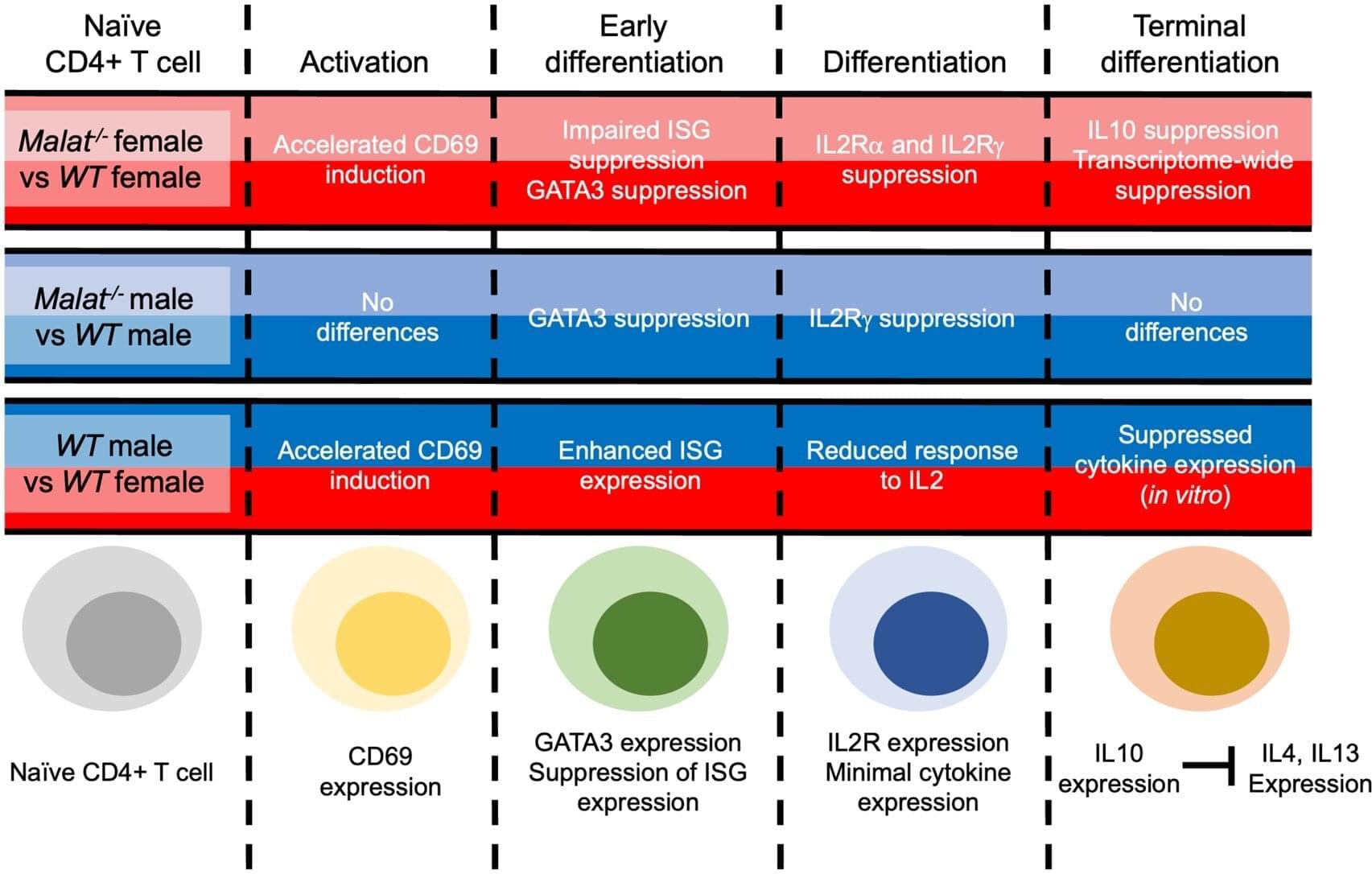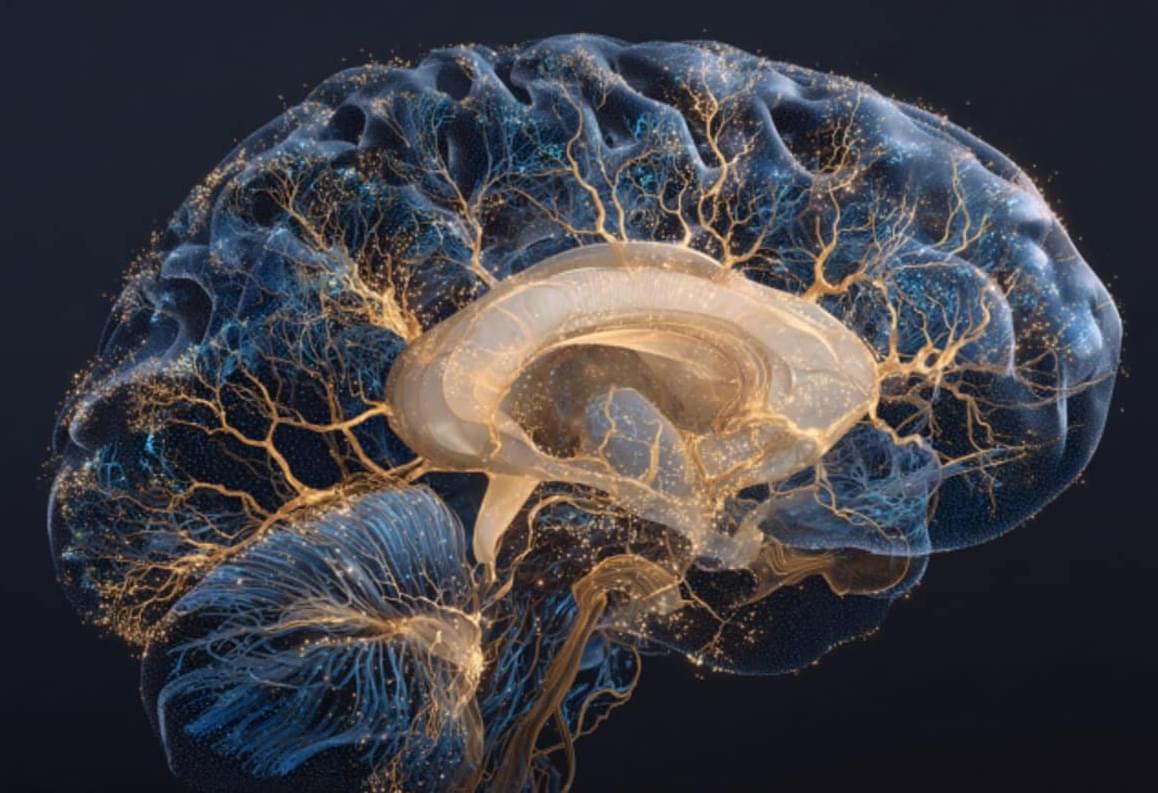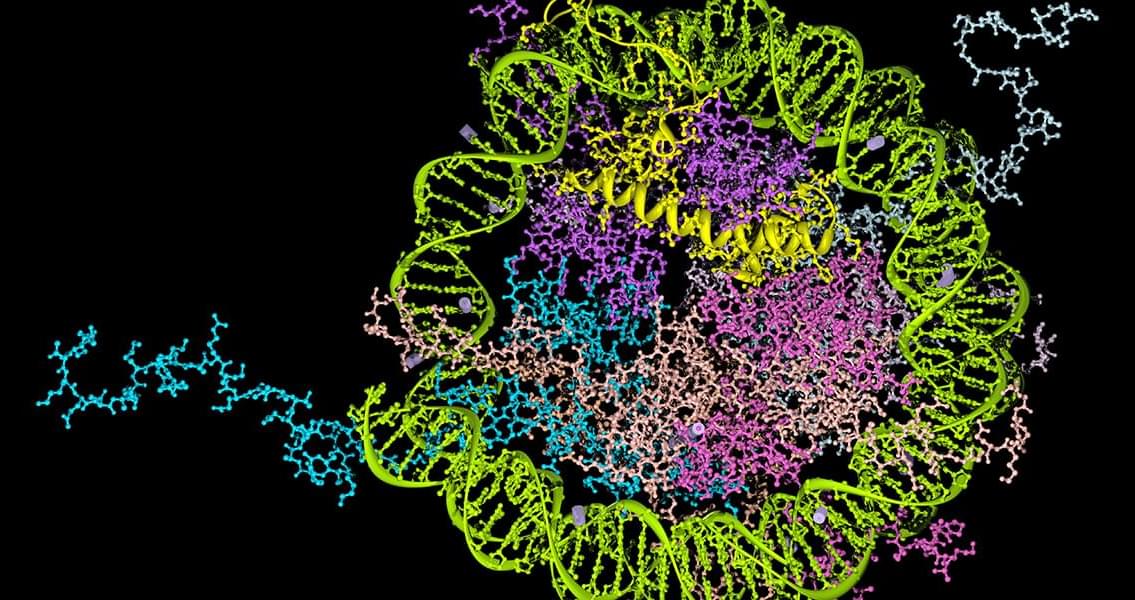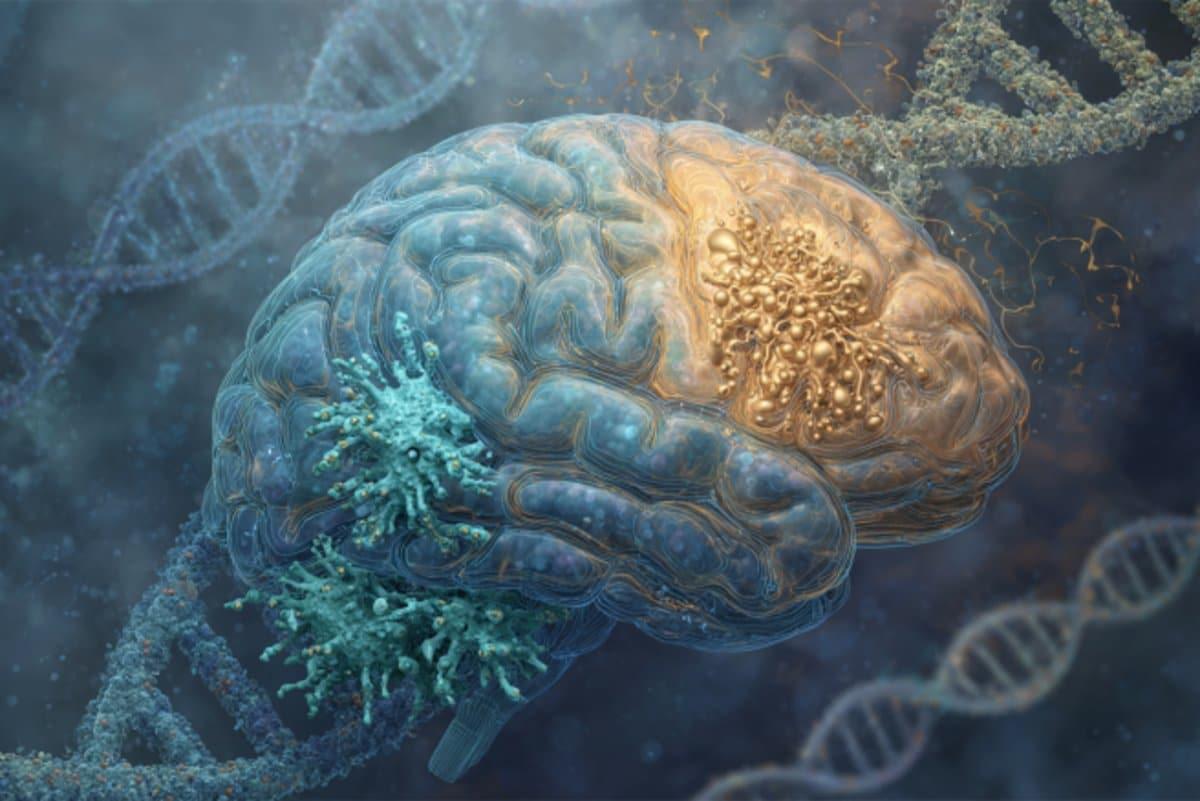This collection explores the intricate properties two-dimensional materials possess which hold immense potential for advancing neuromorphic computing.



A new study has uncovered a key difference between the immune system of males and females—and it comes down to a single gene. The study is published in The Journal of Immunology.
It is known that biological sex affects the function of the immune system, with women often being more severely affected by autoimmune conditions or allergic diseases.
Scientists from the University of York have now identified the gene Malat1 as a critical player in regulating immune responses in female immune cells, but not in males.




Chronic kidney disease affects an estimated 37 million people in the U.S., and for many, there is no cure. But a new research project at Washington University in St. Louis seeks to change that by uncovering the mechanical basis of kidney cell injury.
To tackle chronic kidney disease, Guy Genin, the Harold and Kathleen Faught Professor of Mechanical Engineering at the WashU McKelvey School of Engineering, and Jeffrey Miner, the Eduardo and Judith Slatopolsky Professor of Medicine in Nephrology at WashU Medicine, teamed up with Hani Suleiman, an assistant professor of medicine at the University of Texas Southwestern Medical Center. The interdisciplinary team, with expertise spanning medicine, cell biology, genetics and engineering, received a five-year $4 million grant from the National Institute of Diabetes and Digestive and Kidney Diseases, part of the National Institutes of Health (NIH).
With the NIH’s support, the team plans to study the mechanobiology of podocytes, specialized cells in the kidney that help filter blood.
Researchers at Washington University in St. Louis have received a $4 million grant to study specialized cells that could help treat kidney disease.

While superconducting qubits are great at fast calculations, they struggle to store information for long periods. A team at Caltech has now developed a clever solution: converting quantum information into sound waves. By using a tiny device that acts like a miniature tuning fork, the researchers were able to extend quantum memory lifetimes up to 30 times longer than before. This breakthrough could pave the way toward practical, scalable quantum computers that can both compute and remember.


A group of theoretical physicists has shown that quantum entanglement obeys universal principles in every dimension by applying thermal effective theory. Their findings were recently published in the journal Physical Review Letters, where the paper was selected as an Editors’ Suggestion.
“This study is the first example of applying thermal effective theory to quantum information. The results of this study demonstrate the usefulness of this approach, and we hope to further develop this approach to gain a deeper understanding of quantum entanglement structures,” said lead author and Kyushu University Institute for Advanced Study Associate Professor Yuya Kusuki.
